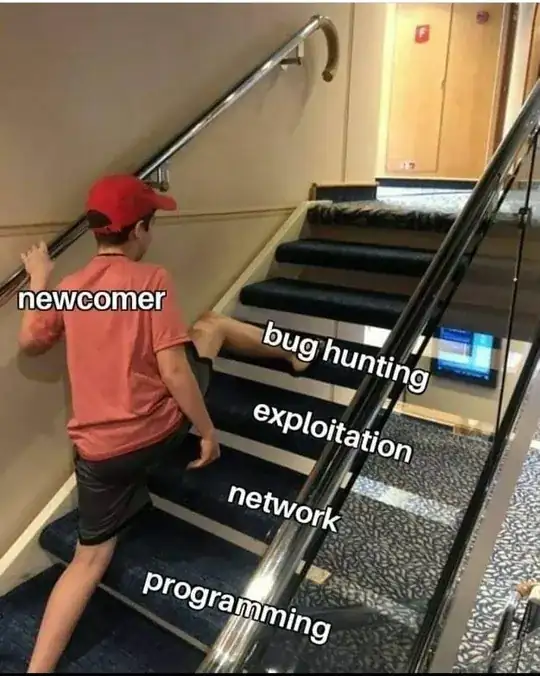It's always good to have a big goal in mind, and with RE, the beginning stages of this pursuit may seem overwhelming. I see a lot of great answers here so just want to chip in with my take on what your immediate next steps should be.
I agree, asm is a must. There's pros and cons for choosing a particular one but I suggest choosing one and really stick with it, and stay with a particular syntax so you can walk away from that stage in your learning feeling confident. Don't be afraid to learn C/C++ at the same time, they can be used to understand each other! A youtuber named "What's Creel" takes this approach in his assembly tutorials.
I also want to encourage you to "go where your resources take you." If you find a great tutorial using radare2, forget ghidra and ida for now just go with the teacher that's in front of you and that you like at that moment. To me this is true for systems as well. If you are watching John Hammond complete CTFs on youtube, download an Ubuntu iso for a virtual machine and follow along. Nothing beats hands on learning, and if you are exhausted learn to rest effectively as well! Eat well, exercise, get enough sleep etc.
This brings me to my last point, know thyself! If you know what type of learner you are, seek those resources so you can learn more effectively. Personally I'm a mixture of visual, and social. That social piece really helps me whether it's listening to 2 people discuss something on a podcast or talking with someone myself over coffee, those conversations nail home the concepts I'm trying to comprehend. Some people can just read a manual and learn from that, or experiment with code till they understand what's going on. Whatever it is, just embrace and multiply it so you can avoid the (ultimate) feelings of despair technical fields like this have. These different approaches to learning might also differ depending on your mood or environment, so don't forget to be flexible!
Here's a list of resources, some directly support the RE / malware goal you've stated, and some indirectly will help you be it supporting technology knowledge or technical creativity.
Podcasts
Security Now with Steve Gibson
Software Engineering Daily
Kubernetes Podcast
CppCast
Darknet Diaries (creativity!)
YouTube tutorials
youtube is just a treasure trove, I'm sure I'm forgetting a ton...
Misc / Passive learning
TinyCards app, I made three decks of x86 assembly instructions
SoloLearn and Enki app, just basic programming language intro, q&a formart.
Reddit, the AskNetSec subreddit seems to have the highest quality discussions
Active Learning
Do! Create! Students just learning programming, hardware, networking, etc. will often complain to me about not understanding and when I ask what they've done the only things I hear are passive. You can't learn this stuff without getting your hands dirty, even if that means writing down your thoughts or questions (they don't need to be answered right away...) but if you can write programs or test malware in a VM yourself that'd be even better.
Have a github account
Make a learning journal for reflection
The last thing I'd like to say, and I'm not trying to discourage you at all, but try to get a strong grasp of the fundamentals, doing so should accelerate your progress. I'm often reminded of this picture when I hear students talking about their tech dreams and 1 month into class I see they don't have the mental stamina to work on something for longer than 10 minutes, in this case though just replace "bug hunting" with "reverse engineering," because they are both long term goals:

Remember, one step at a time!
